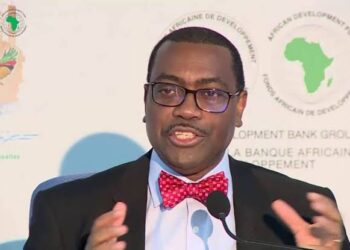By John Oba
Abuja
The Lake Chad Basin Commission (LCBC) member states as well as the representatives of international communities, who participated at the just concluded round table conference convened to raise funds to save the drying Lake Chad, rose from the meeting with a strong conviction that both human and financial resources can overcome all obstacles facing the development of the basin.
According to a communiqué issued at the end of the conference recently in Bologna, Italy, the participants expressed deep concern over the deterioration of the ecosystem of the Lake Chad Basin resulting in narrowing the area and the loss of livelihoods of more than 30 million people whose lives are based on agriculture, livestock and fishing. This has aggravated the conditions of poverty, instability and insecurity prevailing in the area.
The conference welcomes the support, political and financial commitment expressed by the international communities on the occasion, indicating that the participants agreed to continue the advocacy for mobilization of resources to widely implement the 5 year 2013-2017 investment plan which include: Development of socio-economic infrastructure ; Conservation of ecosystem, restoration and protection of natural resources; Capacity and the involvement of stakeholders in the Integrated Water Resources Management; Implementation of the Integrated Management of the Basin and Sustainable use of water resources and restoration of the environment.
It also decided to establish an International Committee of support to the actions of the lake Chad Basin to consolidate the political, technical and financial support from international communities and also to follow-up the implementation activities and other measures for socio-economic development of the member states.
The conference urged the LCBC Secretariat to collaborate with relevant stakeholders to ensure successful implementation of the Five Year Investment Plan in order to boost economic growth in the region.
As part of the follow up action for the successful implementation, the conference agreed to harmonize intervention projects by donors especially those who pledged indirect support. It also direct LCBC to reach out to European Union , CHINA and other donor partners that have shown interest and concern earlier but could not show up in Bologna, Italy. The LCBC were also asked to introduce annual reporting mechanism as a follow up to the successes of the implementation of the Plan.
The Member states of the LCBC are Nigeria, Niger, Central Africa Republic (C.A.R), Cameroon, Chad and Libya.



